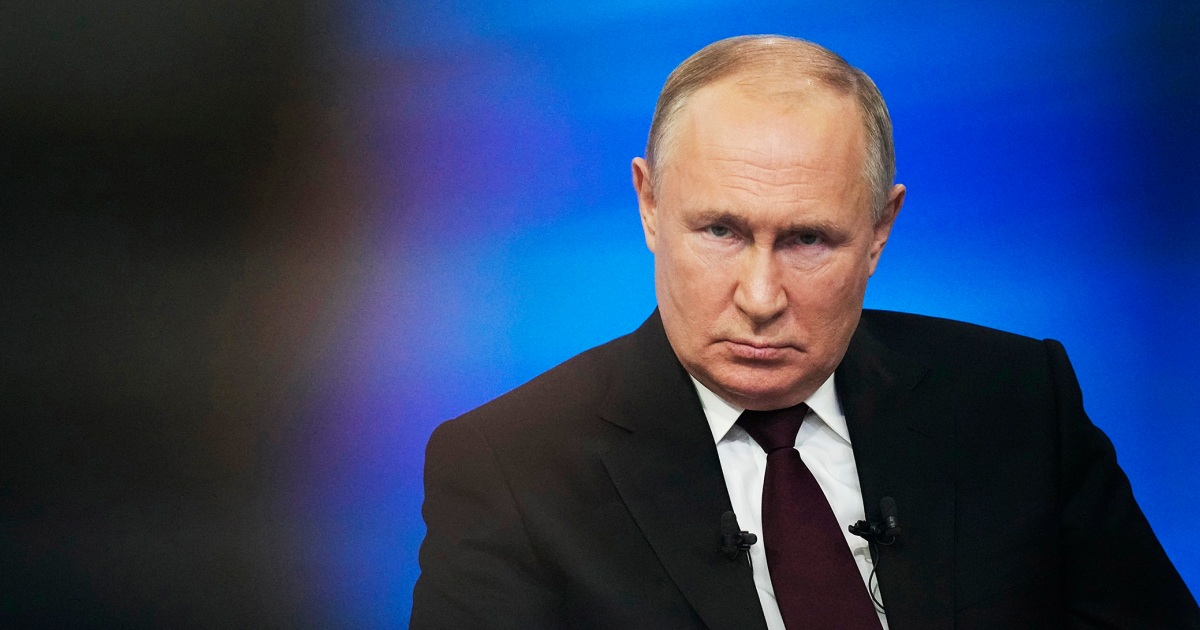Enlarge image
Winner of the election: NRW state chief Hendrik Wüst (CDU)
Photo: Michael Kappeler / dpa
After the election is before the vote: In North Rhine-Westphalia, some courtship begins with potential coalition partners, while others start licking their wounds.
Or talking yourself up about your own defeats.
The CDU and the Greens each had great successes in the state elections, while the SPD and FDP slumped.
In Düsseldorf and Berlin, party leaders commented on the outcome after the election night.
And to the question: What next?
NRW election winner
Hendrik Wüst
(CDU) underlined his right to form a government in the most populous federal state.
“The vote is clear.
We have the confidence of the people to continue to form and lead a government in the future," said Wüst upon arrival for the consultations with the top CDU bodies in Berlin.
He will now approach all democratic parties "to talk about how we can tackle the big issues of our time, how we can forge an alliance for the future that tackles the big issues in a trusting and reliable manner."
When asked if he had already phoned the Greens, who are considered likely government partners, the CDU politician said: "We were all on the same plane." Traditionally, state politicians travel to the meetings of the top bodies of their federal parties on the morning after state elections to Berlin.
The election loser and SPD top candidate
Thomas Kutschaty
also reports on the anecdote on the plane to Berlin and talks with all sides.
"Of course, the Union, as the strongest party, has the first surcharge to invite to exploratory talks," Kuchaty had previously said on the ntv station.
However, it was "not agreed" that the CDU and the Greens could agree on a coalition.
In that case, the SPD is ready for a traffic light alliance with the Greens and the FDP.
The CDU clearly won the state elections in North Rhine-Westphalia with 35.7 percent of the second votes.
The SPD fell to a record low of 26.7 percent, while the Greens, led by lead candidate Mona Neubaur, moved up to third place with a record 18.2 percent.
The FDP fell by 6.7 points to 5.9 percent.
The AfD lost 1.9 points to 5.4 percent, the left failed again at 2.1 percent at the five percent hurdle.
Again »Number 1 in Germany«
After the electoral successes in Schleswig-Holstein and now North Rhine-Westphalia, CDU leader
Friedrich Merz
once again described his party as "number 1 in Germany".
The poor result of the SPD is a "clear answer" from the voters for Chancellor Olaf Scholz, with whom the Social Democrats in North Rhine-Westphalia advertised "area-wide".
"If we win elections in North Rhine-Westphalia, we can do the same in Germany," he said.
SPD leader
Lars Klingbeil
naturally saw things differently.
The SPD must communicate its policy better in the future.
On the question of a realignment in the currently dominant Ukraine policy, however, he said: "Clearly: no." During the election campaign, he had experienced support for the federal government's course on this issue.
SPD General Secretary
Kevin Kühnert
does not automatically see the reasons for the weak performance of the Social Democrats at the federal level.
"I would not accept the thesis that this state election result would now be a confirmation or refutation of the policy of the federal government," Kühnert told Bayerischer Rundfunk.
»Only nice headings« ready
The Greens remained cautiously pleased after the large increase.
Green party
leader Mona Neubaur
sees the "human task of climate protection" as the linchpin of the new government in Düsseldorf.
When it comes to the question of a possible coalition partner, the “real will” to implement committed climate protection is decisive.
Neubaur did not indicate whether she could imagine that with the election winner, the CDU, or with the SPD, which, despite heavy losses, does not rule out the formation of a government.
The 44-year-old criticized that the previous government of the CDU and FDP had “only nice headlines” ready when it came to climate protection.
Too little has been done, especially in the field of renewable energies.
Vice-Chancellor
Robert Habeck
also does not want to publicly assess the forthcoming formation of a government.
The parties would take over the processing of the election results, the task does not lie with the ministries, said the Green Minister for Economic Affairs and Climate Protection in Magdeburg.
“They will be very grateful if I explain here what I have in mind.” Foreign Minister
Annalena Baerbock
also kept a low profile.
The party leaders are responsible for such questions, she said in Brussels.
FDP leader
Christian Lindner
saw above all dissatisfaction with the overall package of the planned relief as a cause of his party's heavy losses.
"We must also draw our conclusions from this for future political projects of the coalition in Berlin." The Liberals are correspondingly cautious when it comes to forming a government.
FDP top candidate
Joachim Stamp
was skeptical about a traffic light coalition: "The question doesn't arise, it's going to be black and green now," he said on WDR 5.
AfD boss
Tino Chrupalla
mainly blamed internal disputes on the right for the poor election result.
The current federal board is "unfortunately only busy with personal animosity," said Chrupalla in Berlin.
"Cacophony" reigns in the party, and cooperation is "destructive."
mrc/dpa








